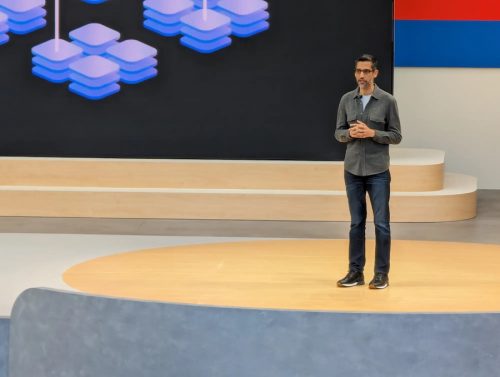Scientists at Stanford University, the Massachusetts Institute of Technology and the Toyota Research Institute have found how to accurately predict the useful lifespan of lithium-ion batteries, used in devices from mobile phones to electric cars.

Combining comprehensive experimental data and artificial intelligence revealed the key for accurately predicting the useful life of lithium-ion batteries before their capacities start to wane. After the researchers trained their machine learning model with a few hundred million data points of batteries charging and discharging, the algorithm predicted how many more cycles each battery would last, based on voltage declines and a few other factors among the early cycles.
The new method has many potential applications, for example, it can shorten the time for validating new types of batteries, which is especially important given rapid advances in materials. With the sorting technique, electric vehicle batteries determined to have short lifespans – too short for cars – could be used instead to power street lights or back up data centers. Recyclers could find cells from used EV battery packs with enough capacity left for a second life.
This breakthrough AI application could optimize battery manufacturing by shortening the manufacturing time and production cost. This important AI application is also promoted and supported by AI World Society (AIWS) to develop an advanced AI technology for optimizing production and improving the quality for a better human society.










